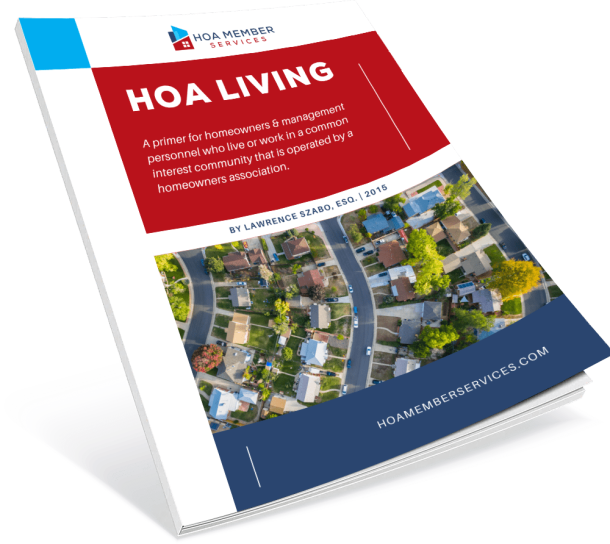Imagine you come home one day, only to find the gates locked and access to your own home denied by the HOA. Can an HOA deny access to property? Do they have the legal right to keep you out of your own house?
The short answer: Sometimes, but not always. Whether an HOA has the authority to deny access depends on several factors, including the type of property, the governing documents, and the reason behind their decision. While HOAs do have power, they aren’t above the law, and homeowners still have rights.
In this article, we’ll explore when an HOA can and cannot restrict access, what legal protections you have, and how to fight back if you ever find yourself locked out. So, let’s get into it — because knowing your rights could mean the difference between walking through your front door and standing outside in frustration.
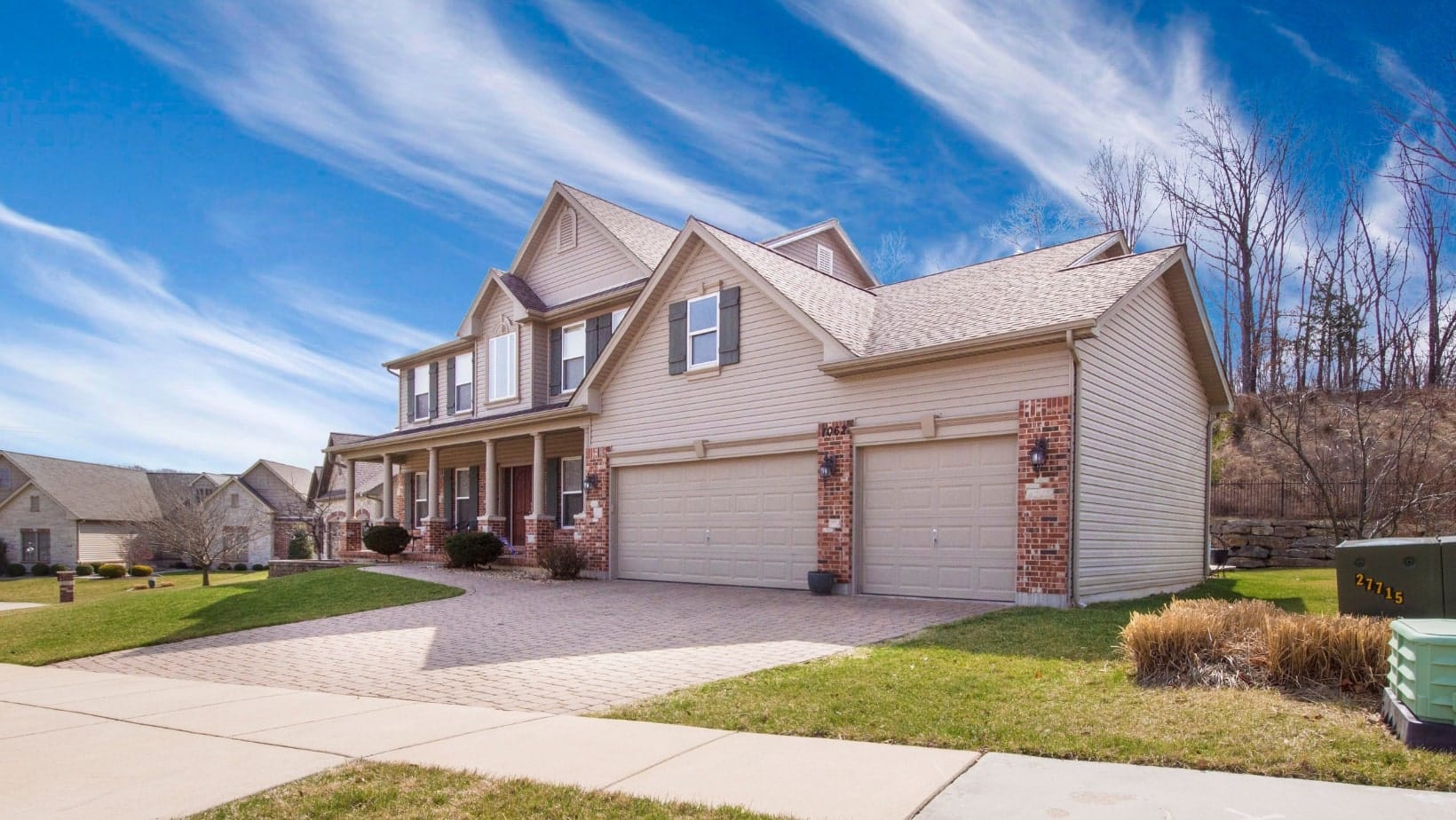
Understanding HOA Authority
Homeowners’ Associations (HOAs) often feel like mini-governments, enforcing rules and issuing fines, but how much power do they actually have? Can they really stop you from accessing your own home?
The answer depends on a few key factors — what rules they operate under, the type of property in question, and the legal limits of their authority. Let’s break it down.
What Powers Does an HOA Actually Have?
HOAs derive their authority from three main sources:
- Covenants, Conditions & Restrictions (CC&Rs): These are the legally binding rules that all homeowners agree to when they purchase property in an HOA-governed community. They typically cover everything from property maintenance to parking rules.
- Bylaws: These govern how the HOA itself operates, including how the board is elected and how rules are enforced.
- State laws: HOAs must follow state-specific laws, which can either limit or expand their powers. Some states have strong homeowner protections, while others give HOAs significant control over their communities.
While HOAs can enforce community rules, issue fines, and even place liens on properties for unpaid dues, they do not have unchecked authority. Their powers are limited to what is explicitly allowed by these governing documents and laws.

Common Areas vs. Private Property
One of the biggest misconceptions about HOAs is how much control they have over a homeowner’s actual property. The distinction between common areas and private property is key:
- Common areas (like clubhouses, pools, private roads, or gated entrances) are maintained by the HOA, and they have full authority to regulate access to these spaces. If a homeowner is delinquent on dues or violating community rules, the HOA may legally restrict their use of common amenities.
- Private property (your house, yard, and driveway) is still yours. An HOA can enforce certain exterior rules like paint colors, landscaping, or noise restrictions but they cannot arbitrarily deny you access to your home.
Some HOAs push the limits of their authority, attempting to restrict homeowners from entering their own properties over disputes like unpaid dues or rule violations.
While they can escalate enforcement measures (like placing a lien or pursuing foreclosure in extreme cases), outright blocking a homeowner from their property is typically illegal.
Can an HOA Act Like a landlord?
Short answer: No. Unlike a landlord, an HOA doesn’t own your home; they just enforce community rules. They can’t evict you, raise your “rent” (though they can increase dues), or control what you do inside your property (as long as it follows community guidelines).
However, they can regulate certain aspects of homeownership, such as rental policies, exterior modifications, and short-term leasing.
When an HOA Can Deny Access
While an HOA can’t just lock you out for no reason, there are some situations where they might have the legal authority to do so:
Unpaid Dues & Fines
Falling behind on HOA fees or ignoring fines? Some HOAs take that very seriously. While they typically can’t stop you from entering your own home, they can restrict access to common areas like pools, clubhouses, and parking garages.
In gated communities, some HOAs have even been known to deactivate key fobs or access codes, making it difficult (or even impossible) to drive into the neighborhood. Whether this is legal depends on your state and your HOA’s bylaws, but it’s a common tactic used to pressure homeowners into paying up.
Gate Access & Parking Restrictions
If your HOA controls gated entry, they likely also control your key fob, access code, or remote entry system. Some associations revoke access for nonpayment, rule violations, or even disputes with the board.
This can be incredibly frustrating if you’re locked out of your own community, especially if you have to rely on a neighbor or security guard to let you in.
Parking restrictions can also play a role. If you don’t follow the HOA’s parking rules, they may tow your car or deny you a new parking permit, effectively keeping you from using the property as intended.
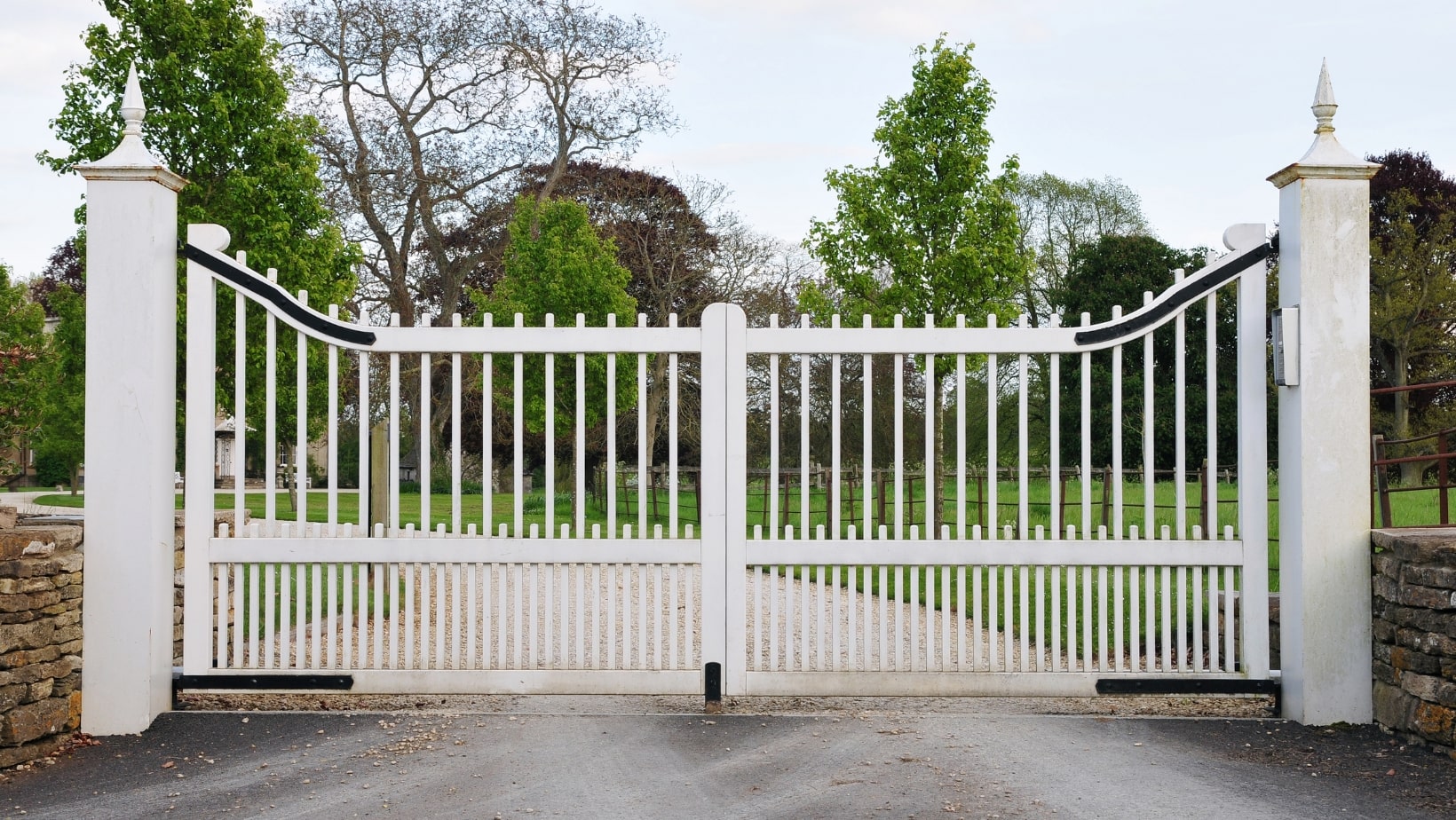
Violating Rules
HOAs enforce rules for a reason, and if you break them, they can make your life difficult. Renting out your home without permission? Letting an unauthorized guest stay long-term? Some HOAs will cut off your access to shared amenities or, worse, restrict entry to your own property.
While outright denying a homeowner access is legally questionable, associations have been known to take creative approaches, such as disabling gate access or issuing violations that must be resolved before restoring full access.
Security Reasons
HOAs take security seriously, and they have the right to keep out unauthorized individuals, including guests, contractors, and even homeowners in certain situations. If they believe someone poses a security risk, they may restrict access to prevent potential harm or disruptions.
This might happen if there’s a restraining order, a history of conflicts with other residents, or concerns over criminal activity. If the HOA has private security or a staffed entry gate, they could enforce restrictions without you even realizing it.
Emergency Situations
In times of crisis, HOAs sometimes impose temporary access restrictions for safety reasons. This could happen during natural disasters, major maintenance projects, or structural issues that make certain areas unsafe.
For example, if a fire damages part of the community, the HOA may temporarily prevent homeowners from entering until it’s safe. While inconvenient, these measures are typically meant to protect residents and property.
When an HOA Cannot Deny Access
While HOAs can enforce rules about parking, amenities, and common areas, they cannot legally deny you access to your property. If they try, they could be violating serious legal protections.
Here’s when an HOA has no right to lock you out:
Your Legal Right to Enter Your Home
No matter what an HOA rule says, your right to access your own home is fundamental. It’s your property, and an HOA cannot physically prevent you from entering, changing your locks, or restricting your movement to and from your home.
Even if you’re behind on HOA fees or in a dispute with the board, they cannot bar you from your own property.
Fair Housing Laws & Discrimination
HOAs must follow federal and state fair housing laws. They cannot selectively block access based on race, religion, disability, family status, or any other protected category. If they’re denying entry to certain people while allowing others in similar situations, that could be a clear case of discrimination.
Retaliation & Harassment
If you’ve spoken out against HOA policies, challenged a fine, or filed a complaint, the HOA cannot retaliate by restricting your access. Blocking you from your home, limiting key fob access, or shutting you out of gates in response to a dispute isn’t just unfair — it’s illegal. Courts take HOA retaliation very seriously.
Essential Services
No matter what, an HOA cannot cut off essential services to force compliance. That means they cannot turn off your water, electricity, or gas as a punishment for unpaid dues or violations.
They also cannot restrict emergency responders from accessing your home, whether it’s firefighters, paramedics, or law enforcement. Any attempt to interfere with emergency access could lead to severe legal consequences for the HOA.
Can an HOA Lock You Out of Amenities?
Now, imagine you show up to the community pool on a scorching summer day, ready to cool off, but your key fob doesn’t work. Or maybe you hit the gym for your morning workout, only to find out your access has been revoked.
Homeowners associations (HOAs) often have control over shared amenities, but can they really block you from using them? The answer depends on the circumstances.
Pools, Gyms, and Clubhouses
HOAs typically have the authority to suspend access to community amenities if a homeowner is behind on dues, violating community rules, or causing disturbances. If you’ve skipped a few payments, don’t be surprised if the HOA cuts off your gym access until your account is current.
However, they can’t just deny access without a clear policy in place. Any restrictions must align with the community’s governing documents, and selective enforcement — where some people get a pass while others are penalized — could be challenged.

Guest Restrictions
Love hosting friends and family at the clubhouse or pool? Some HOAs limit guest access to prevent overcrowding or excessive noise complaints. While these rules are often allowed, they must be reasonable and fairly enforced.
An HOA can set a guest limit, require advance notice, or even charge fees, but outright banning all guests from common areas could be overstepping their authority.
Parking & Roads
Parking problems can be one of the biggest HOA headaches. While parking rules can regulate private community lots and assigned spaces, their power over public roads is limited.
If an HOA tries to block access to your garage, tow your car unfairly, or restrict street parking that’s technically public, you may have legal grounds to fight back.
The Role of Law Enforcement in HOA Access Disputes
When an HOA tries to deny you access to your own property, you might wonder if the police can step in to help or if they’ll take the HOA’s side. The reality is that law enforcement only gets involved in HOA disputes under certain circumstances.
While an HOA may have rules about access, those rules don’t always carry legal weight, and the police won’t enforce them unless actual laws are being broken.
Here’s the rundown:
Can the HOA Call the Police on You?
Yes, an HOA can call the police, but that doesn’t mean the police will do anything. Officers enforce laws, not HOA rules. If the HOA claims you’re violating their regulations, like parking in the wrong spot or using a restricted amenity, the police likely won’t intervene.
However, if they accuse you of a crime, such as trespassing or vandalism, then law enforcement may take action. The key is understanding that an HOA’s authority is not the same as legal authority.
Trespassing Accusations: Can You Be Locked Out of Your Own Property?
One of the most common tactics aggressive HOAs use is accusing homeowners of trespassing — sometimes on their own property. This often happens in disputes over unpaid dues, common area usage, or disagreements over easements.
But here’s the catch: unless there’s a court order, an HOA can’t legally keep you from accessing your own home. If the police are called, they’ll assess whether there’s a lawful reason for denying entry.
In most cases, unless the HOA owns the property in question or has a legal eviction order, they don’t have the authority to keep you out.
How to File a Police Report Against the HOA
If your HOA oversteps its bounds — harassing you, illegally towing your car, changing your locks, or even physically preventing you from accessing your home — you may need to take action.
Filing a police report can help document the issue and create a legal paper trail, especially if you need to take the HOA to court later. Law enforcement might not always step in immediately, but a formal report can be crucial evidence if the HOA is engaging in unlawful behavior.
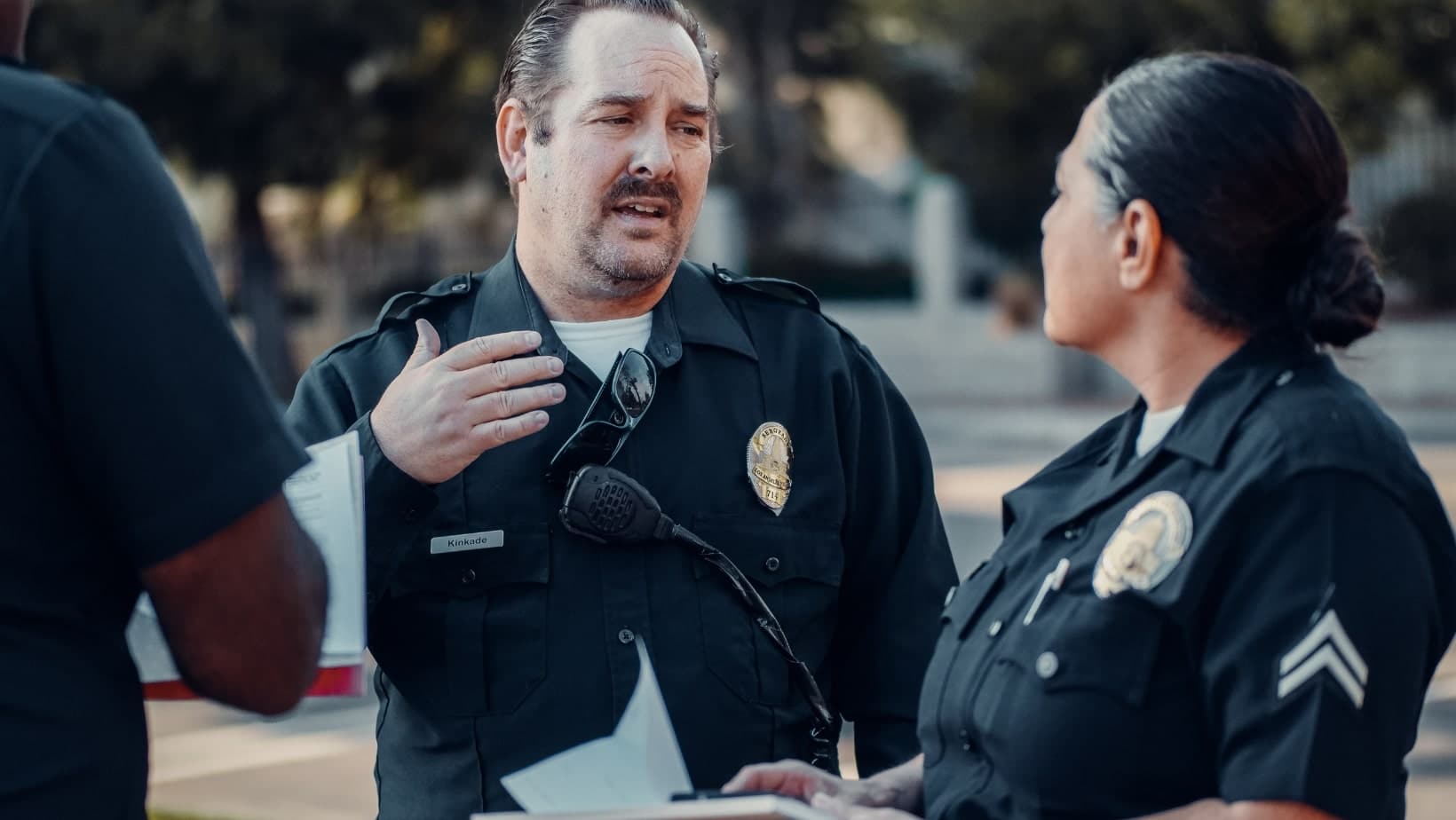
How to Fight Back if Your HOA Blocks You Out
- Document Everything: The first thing you need to do is keep detailed records of every interaction with the HOA regarding your access issues. Save emails, letters, voicemails, and even text messages. If they verbally tell you something, follow up with an email summarizing what was said. Take pictures or videos of any locked gates or barriers preventing you from accessing your property. If they change the rules suddenly, grab a copy of the previous version to compare. The more evidence you have, the stronger your case will be if you need to challenge them.
- Know Your Governing Documents: Your HOA has to follow its own rules — so what do the Covenants, Conditions, and Restrictions (CC&Rs) actually say? Read through them carefully to see if the HOA is even allowed to block your access. Some HOAs act as if they have unlimited power, but in reality, they are bound by state laws and their own governing documents. If they’re violating those rules, you have solid ground to push back.
- Demand a Written Explanation: Never accept a verbal excuse. If your HOA is preventing you from entering your home, demand that they put their reasoning in writing. This not only forces them to justify their actions but also gives you something concrete to challenge. Many times, when HOAs realize they can’t legally support their decisions on paper, they start to backtrack.
- Contact State Regulatory Agencies: Depending on where you live, your state may have an HOA oversight board or consumer protection agency that can step in. Some states have laws that specifically regulate what an HOA can and cannot do when it comes to restricting access to your home. Filing a complaint with the right agency could put pressure on your HOA to reverse their decision.
- Talk to an HOA Attorney: If your HOA is being stubborn or outright violating your rights, it may be time to bring in legal help. An attorney specializing in HOA disputes can review your governing documents and state laws to determine whether the HOA is overstepping its authority. Sometimes, a strongly worded letter from a lawyer is enough to make the HOA reconsider their actions.
- Go to Court If Necessary: If all else fails, legal action may be your best option. You can sue the HOA for wrongful denial of access or file complaints with local authorities. Courts often side with homeowners when an HOA is acting unfairly or outside its legal limits. While litigation can take time and money, it can also set a precedent that stops the HOA from mistreating homeowners in the future.
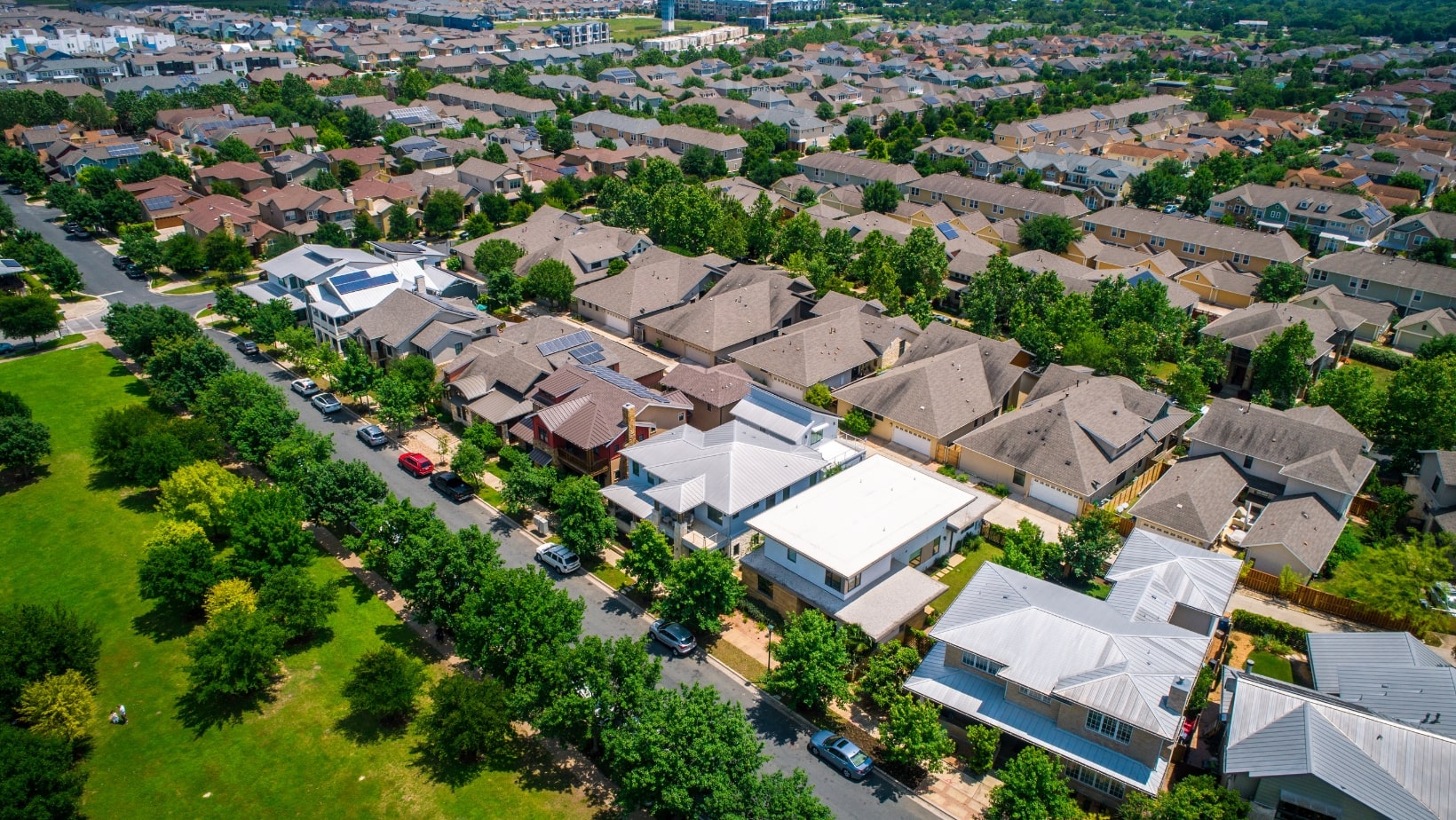
Can HOA Deny Access to Property – The Final Verdict
At the end of the day, HOAs can limit access to your property — but only under certain conditions. For example, they might restrict common areas for unpaid dues, but they can’t just lock you out of your own home.
If your HOA is overstepping, don’t just accept it; know your rights and fight back. If you ever find yourself unfairly locked out, remember: you have options.
And if you need expert guidance, we’ve got your back. Get unlimited support from an HOA attorney with our membership plans and take control of your property rights today!
Frequently Asked Questions (FAQs)
- Can an HOA restrict access to my home or deny entry to guests?
An HOA cannot generally deny you access to your own home. However, if your property is within a gated community or has shared amenities, the HOA may have rules about guest access, security requirements, or temporary bans for rule violations. Always check your HOA’s governing documents for specific policies.
- Can an HOA restrict parking in my driveway?
Yes, an HOA can impose parking restrictions on driveways if such rules are outlined in the community’s governing documents (such as the CC&Rs). Some HOAs enforce restrictions to maintain aesthetics, safety, or uniformity within the neighborhood. - Can an HOA lock me out of my own home for unpaid dues?
No, an HOA cannot legally lock you out of your home. However, if you fail to pay dues, the HOA may take legal action, such as placing a lien on your property or initiating foreclosure proceedings in extreme cases.

